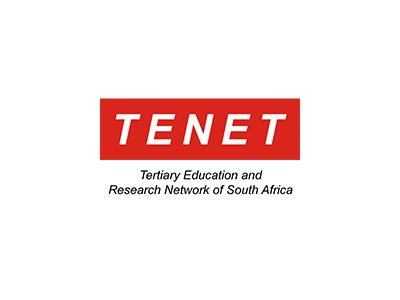
High-speed internet during medical training
Most health science education involves hands-on experience in hospitals and clinics, as well as learning on campus. TENET, the national research and education network (NREN) of South Africa, has initiated a rollout of the eduroam service beyond the university campus to support health science education.
The initiative will enable staff and students in medicine, nursing, physiotherapy, dentistry, and other health sciences to have the same easy access to the internet they have on their campuses when they are out gaining hands-on experience, under the guidance of their lecturers, at hospitals and clinics.
Eduroam is the secure world-wide roaming service developed specifically for research and education. It means students of participating institutions, which is nearly all South Africa’s universities, can access the same high-speed internet they enjoy on their campus at any eduroam access point. An eduroam connected device will simply connect automatically to an eduroam network anywhere in the world, using the saved credentials of the user’s home institution.
As a first step, the rollout will target key hospitals in the Western Cape area in a collaboration involving TENET, the Western Cape Government, and driven by Stellenbosch University.
Taking the burden off health administration
The initiative was preceded by a pilot project involving four hospitals selected by the Western Cape Government: Mowbray Maternity Hospital, Tygerberg Hospital, Groote Schuur Hospital, and Khayelitsha Hospital. Feedback from both the academic side and the hospital administration was highly positive.
“After the initial successful pilot of the four hospitals we went back to the four universities in the Western Cape: University of Cape Town, Cape Peninsula University of Technology, University of Stellenbosch, and University of the Western Cape, to find out from their health sciences faculties which hospitals and clinics should be prioritized for connection. We’ve shared that feedback with the Western Cape Government’s technology partners,” says Guy Halse, head of trust and identity at TENET.
According to Halse, the Western Cape Government has been enthusiastic about the eduroam rollout as it takes the burden off their Department of Health to provide access to academic staff and students:
“These hospitals are connected to the Western Cape Government network, so the staff at the hospitals have Internet connection. It is however onerous for the department to connect all the academic staff and students passing through. Connecting these hospitals to eduroam thus allows easy access for staff and students as they connect automatically.”
A way to overcome the digital divide
TENET is looking for ways in which to expand the eduroam footprint further, notes Guy Halse:
“All students need good quality internet access. Every new site we connect to eduroam means more options for access for academic staff and students in that region. Based on trends in the global North, WiFi roaming, such as the eduroam model, looks like it may become a norm. Already we saw in Kyoto, Japan, WiFi hotspots established in vending machines all around the city, and eduroam was included in those spots. In Africa, where the digital divide is so great, we should be doing everything we can to expand the reach of eduroam.”
The potential of eduroam in overcoming the digital divide for higher education is powerful, Halse concludes:
“Our goal is to partner with municipalities across South Africa to make eduroam access available at a range of public sites so our students who battle with high mobile roaming costs don’t have to travel far to access the high-speed Internet of their institution. This is not only possible, but also easier than people realize.”
The text is inspired by the article “Rolling out eduroam for medical staff and students” on the TENET website.
For more information please contact our contributor(s):

